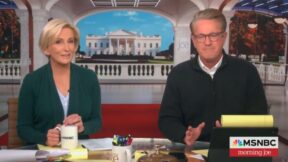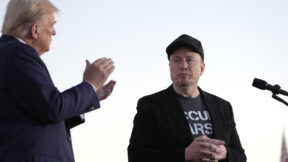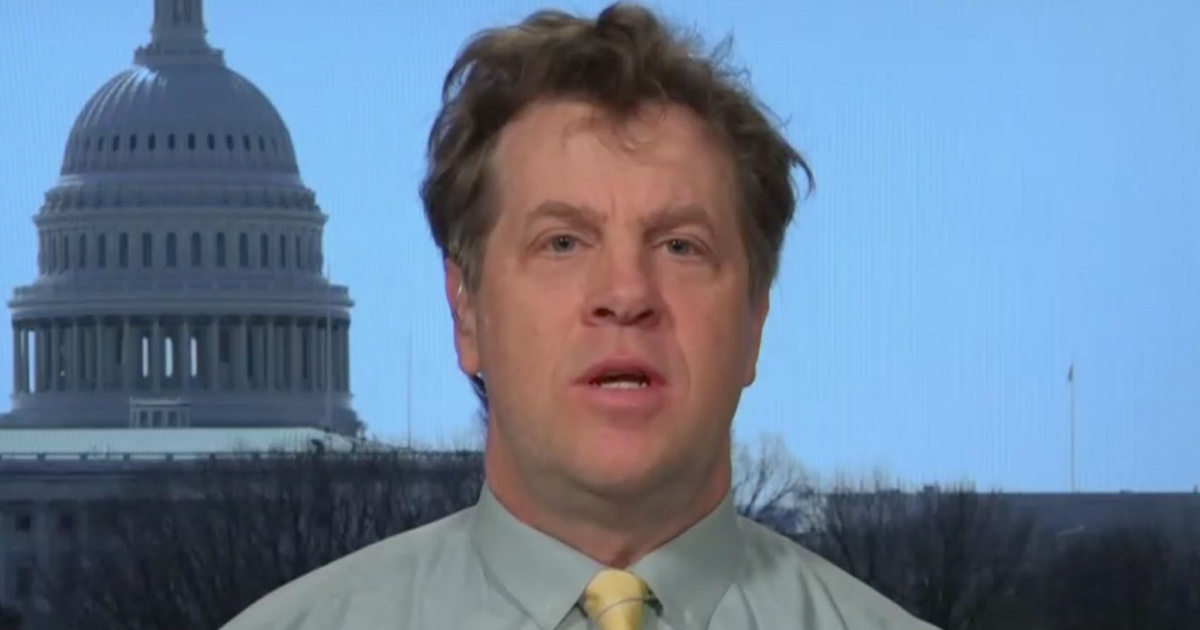Washington Post’s Erik Wemple Takes His Own Paper to Task for Report on Botched Trump Georgia Call: ‘A Serious Lapse’
The Washington Post media critic Erik Wemple penned a scathing piece Tuesday calling out his own paper for a major error in reporting about former President Donald Trump‘s efforts to overturn the election results in Georgia.
To recap: back in early January, news broke that Trump made a call to Georgia secretary of state Brad Raffensperger pressuring him about the election results and pushing some conspiracy theories. Trump also made a call to chief investigator Frances Watson. At the time, the Washington Post ran a story that the former president said things like “find the fraud.”
The audio released of the call last week from the Wall Street Journal, which revealed that the Post’s account got serious details wrong, including stating that Trump said “find the fraud” — a phrase he did not say during the call.
The Post ran a correction Monday. Trump subsequently released a statement that blasted the paper and repeated some of his baseless fraud claims.
As Wemple wrote, “The call happened; it was an abuse of presidential authority; and it failed to corrupt the investigators working under Raffensperger. But Trump wasn’t quite the plain-spoken rogue depicted in The Post’s story.”
Wemple spoke to deputy secretary of state Jordan Fuchs, the Post’s source, about the paper’s big error:
In an interview with the Erik Wemple Blog, Fuchs said, “I believe the story accurately reflected the investigator’s interpretation of the call. The only mistake here was in the direct quotes, and they should have been more of a summary.” Fuchs said that The Post disclosed her role in the story with her permission, and that she’d gotten the debriefing from the investigator — a direct report of hers — “shortly” after the call from Trump concluded.
“I think it’s pretty absurd for anybody to suggest that the president wasn’t urging the investigator to ‘find the fraud,’” Fuchs added, “These are quotes that [Watson] told me at the time.”
“Misreporting the words of the highest elected official in the land is a serious lapse — and one that, in this case, seems so unnecessary: The existence of the call itself is a towering exclusive. When it comes to phone calls, the only good sources are the ones who are dialed in,” Wemple said.







